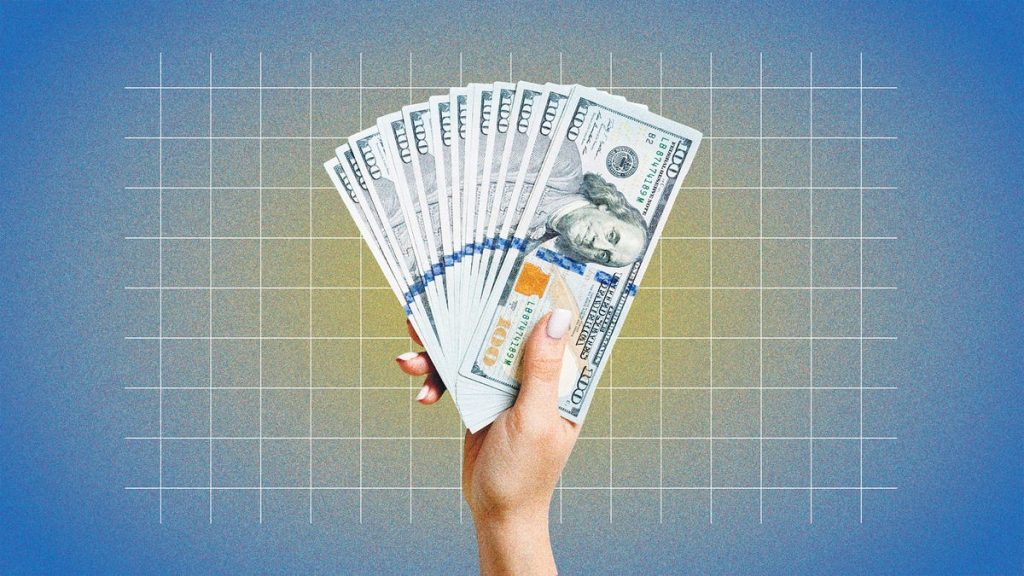If you have freelance income from platforms like PayPal, Venmo, Cash App, or Zelle, you may be unsure of how the changes to the 1099-K form will affect your tax return. Originally scheduled to begin in 2022, the IRS planned to implement a new reporting rule requiring these platforms to report income over $600 to the tax agency. However, this requirement has been delayed for the current tax season, so you may not receive a 1099-K this year. The delay is due to the challenges in distinguishing between taxable and nontaxable transactions made through these apps. The IRS has paused this rule for the second year in a row to give payment platforms more time to prepare for the new reporting requirements.
Under the new reporting requirements, third-party payment apps will eventually have to report earnings over $600 to the IRS. For the 2024 tax year, this threshold is set to increase to $5,000, with a phased rollout planned to ease the transition. Previously, these apps only sent 1099-Ks to users who received $20,000 in commercial payments across more than 200 transactions. Even if you do not receive a 1099 from all your earnings, it is essential to report all your self-employment income to the IRS. The reporting requirement is a change aimed at tracking transactions that often go unreported, and it will now shift to payment apps to keep track of these earnings.
Payments you receive through apps like PayPal, Venmo, Zelle, and Cash App will be reported on a 1099-K if you earn over $5,000 from a freelance gig or side hustle. It is crucial to differentiate between personal and business transactions when using these apps to ensure accurate reporting. The IRS is not taxing money sent to family or friends through these payment apps, as personal transactions involving gifts, favors, or reimbursements are non-taxable. If you sell personal items at a loss through digital payment apps, you will not owe taxes on these transactions, but profits from reselling items for a profit will be taxable.
To prepare for the reporting changes, you may need to confirm your tax information with the payment apps you use. If you have an EIN, ITIN, or SSN, you will need to provide this information to ensure accurate reporting of your earnings to the IRS. Keeping track of your earnings manually or using accounting software can help streamline the reporting process. Once the new rule takes effect, you may receive a single 1099-K for earnings over $5,000 from multiple clients on these payment platforms, reducing the potential for reporting confusion. It is essential to keep thorough records of your transactions and seek assistance from a tax professional if needed to ensure compliance with the new reporting requirements.


